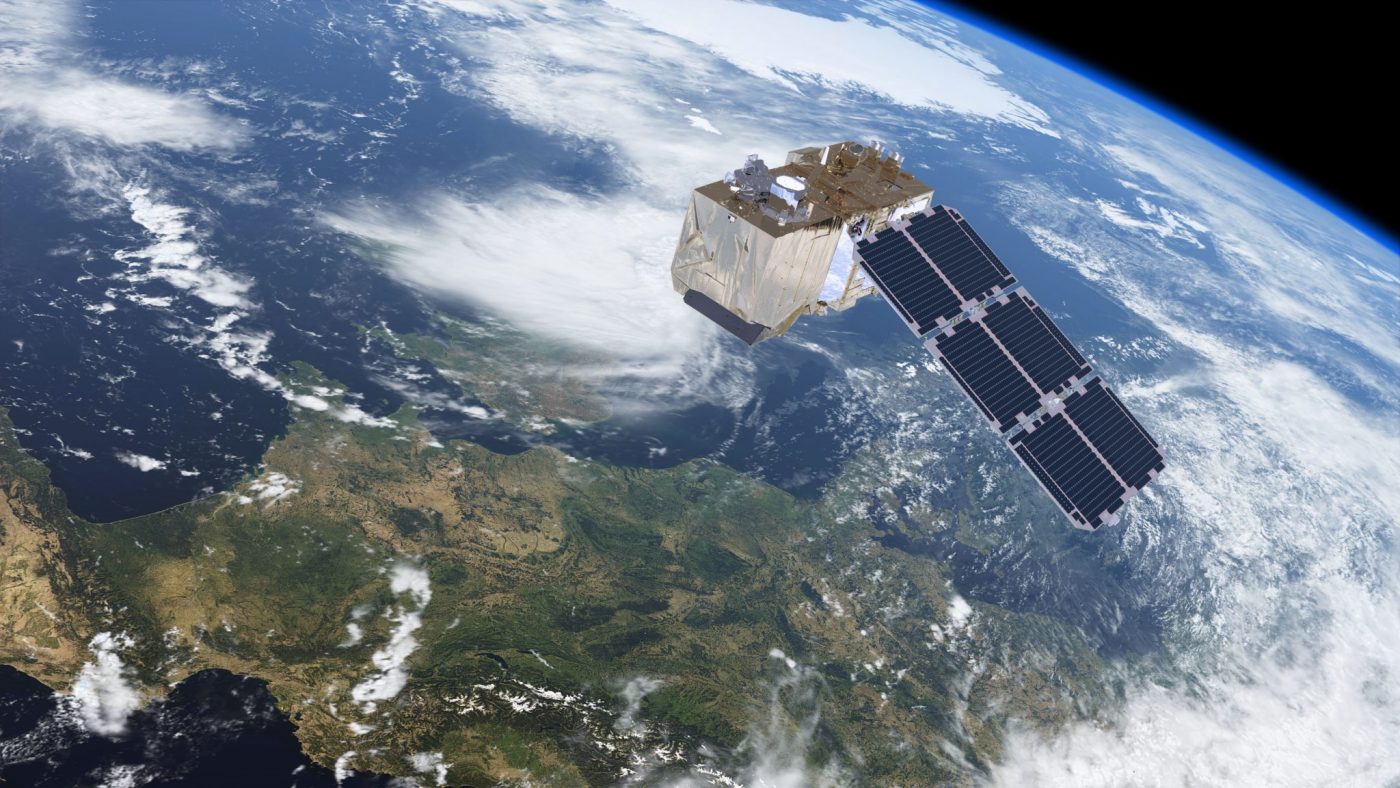Tackling Sustainable Development Goals with Earth observation data
November 2019 saw G-STIC 2019 organised by our partner VITO take place in Brussels – the Global Sustainable Technology and Innovation Conference. As part of this event, Copernicus, the EU’s Earth Observation programme, organised the Sustainable Development Goals Copernicus Hackathon. The aim of this hackathon was for participants to develop new software solutions based on Copernicus Earth Observation (EO) data for one of three societal challenges: ‘Healthy lives for all’, ‘Nutritious food for all’ and ‘Raw materials in a circular economy’. Teams brought together participants from different backgrounds, including entrepreneurs, coders, researchers, scientists, EO specialists, designers, storytellers and more. A different challenge was set for each theme, but prizes were awarded for the best solutions presented across all three challenges.
The Raw Materials in a Circular Economy challenge was to Develop Acid Mine Drainage monitoring possibilities using Copernicus Sentinel-2 data on mine tailings at Yxsjöberg in central Sweden. The Acid Mine Drainage challenge had to be solved using Copernicus Sentinel-2 satellite observations. This data is globally and freely available with a high temporal revisit rate and spatial resolution.
EIT RawMaterials Innovation Community takes the 1st & the 2nd place in the Sustainable Development Goals Copernicus Hackathon
Those tackling this challenge included six participants from the EIT RawMaterials supported RawMatCop project, and six participants from the EIT-Labelled SINReM International Master in Sustainable and Innovative Natural Resource Management.
Winning the first prize of €3,000 and a seat on the Copernicus Accelerator, was the ExaMine team, which included two SINReM students, Mridul Pareek and Antonio Mires.
In second place was the RawMatCop team, which developed the AcidmApp solution. This team, which was awarded a prize of €2,000 and assistance with enrolment for a position in the Astropreneurs’ programme, included two RawMatCop researchers, Louis Andreani and Jingyi Jiang, as well as four graduates of the RawMatCop Academy.

The Sustainable Development Goals Copernicus Hackathon was a great opportunity to spread the word about the applications of Copernicus data to the raw materials sector. That both first and second prizes were awarded to teams tackling the raw materials challenge, really emphasises the potential of Earth observation data to make the raw materials industry more sustainable.
Irene Benito, RawMatCop Manager at EIT RawMaterials
You can stay up-to-date with developments in Earth observation for raw materials and the RawMatCop programme by following RawMatCop on Twitter.




